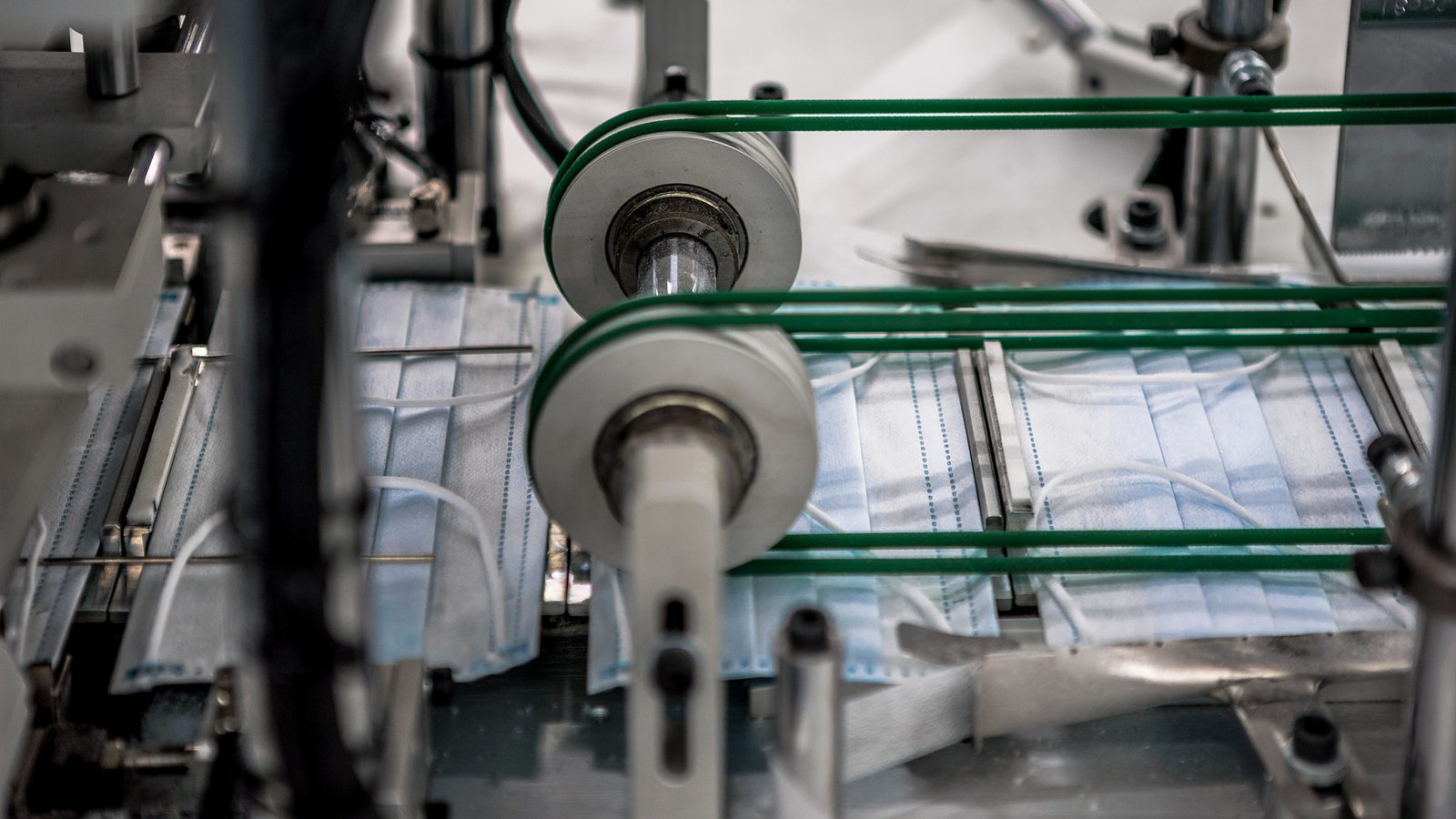By Laser 1 Technologies
Keeping Up with IT Changes in Manufacturing
The manufacturing industry continues to faces challenges in IT (information technology).
There was a time when IT was “separate but equal,” running parallel to the manufacturing process in order to track and analyze it. Now IT is often the lifeblood of a manufacturing company, the stage on which everything plays out. Rare today is the manufacturing enterprise that does not have IT functions closely integrated with every aspect of daily activities.
That trend, and the current business climate, is driving manufacturing companies to explore and adopt technology increasingly as time goes by, which necessitates building a data-driven, digital workforce. Digital literacy is no longer optional in most factories and in most positions. It’s a requirement.
Workers Demand a Digital Environment
Here’s an interesting corollary to that: A digitally savvy workplace is a must for many workers. According to a report from MHI in conjunction with Deloitte, skilled workers are hesitant to join companies that haven’t fully adopted digital technologies. They recognize that the digital environment is evolving constantly, and the risk of being left behind in terms of digital skills will put their career path in jeopardy.
In other words, you can give up on attracting the best and the brightest if you don’t offer them an environment in which they can hone their skills and keep up with current advances.
If your organization faces resistance to the full embrace of advanced IT, consider using reverse mentoring to help bridge the digital and IT skills gap. In this scenario, younger employees mentor older employees on the ins and outs of digital skills. This can help promote technology goals and help up-skill and re-skill long-term staff.
Adopting Automation on the Plant Floor
We’ve talk a lot about incorporating the various aspects of Industry 4.0 into work processes. The Internet of Things (IoT), robots, big data.
That adds up to a next generation of automation that is having a big impact on the manufacturing industry. According to a Thomas Industrial Survey this summer, “more than half of the companies surveyed reported that they meet or exceed the industry standard for automation, with 55% of the participants being “likely” to “very likely” to invest in Production Performance Automation in the next 12 months.”
Automation can play a vital role in other aspects of the business as well. Let’s talk about the marketing department. That’s a place big data can have a big influence. Tools like Google Analytics and Thomas WebTrax help marketers get way more granular about the nature of leads and other factors. Harness this data, and it’ll be easier to keep various stakeholders such as R&D (research and development), procurement and MRO (maintenance, repair, operations) engaged, committed and on the same page.
Keeping Up with IT Is More Critical than Ever
These aren’t the only IT things to focus on, but they’re a good start. “Keeping up” is more important than ever, and the exponential changes of recent years show no signs of slowing down. Indeed, speeding up is more likely. The company that can use IT to its maximum advantage has a far better chance of not being left behind.




